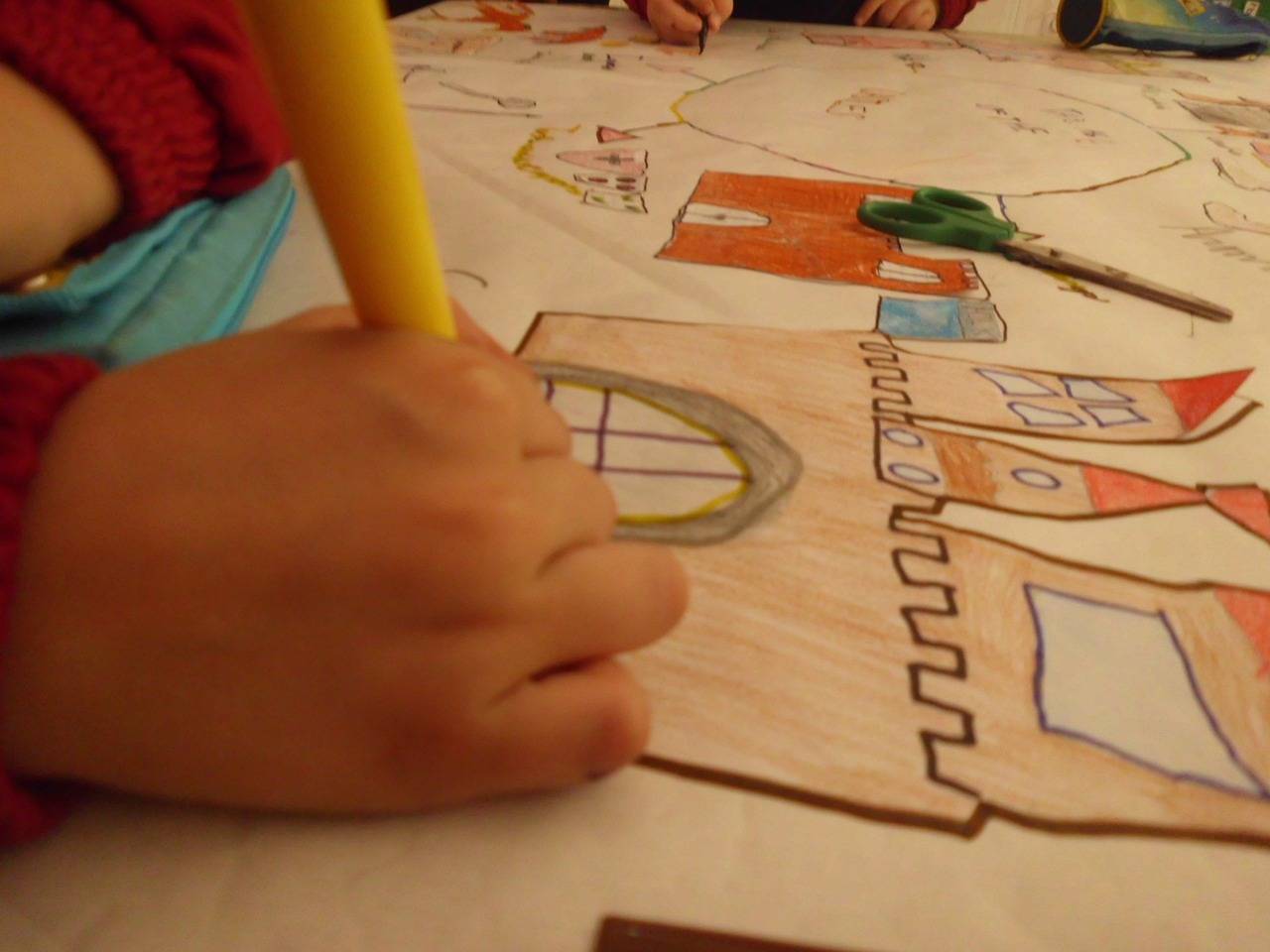Exploring Culturally Responsive Geography Education
Geography education plays a crucial role in shaping students’ understanding of the world around them. By incorporating culturally responsive practices in geography instruction, educators can ensure that students from all backgrounds feel seen and valued. This approach helps in fostering a more inclusive learning environment where different perspectives are acknowledged and respected.
Culturally responsive geography education also helps students develop a deeper appreciation for diversity and multiculturalism. By exploring various cultures, traditions, and worldviews through a geographic lens, students are better equipped to engage with complex global issues and understand the interconnectedness of our world. Emphasizing cultural competence in geography instruction goes beyond simply teaching facts and figures; it is about nurturing empathy, tolerance, and respect for all individuals and communities.
• Culturally responsive geography education promotes inclusivity and values diversity
• Students develop a deeper appreciation for multiculturalism and different perspectives
• Encourages empathy, tolerance, and respect for all individuals and communities
• Helps students understand complex global issues and interconnectedness of the world
Understanding the Importance of Cultural Competence in Geography Instruction
Cultural competence in geography instruction plays a crucial role in providing students with a well-rounded education. By incorporating diverse perspectives into the curriculum, educators can offer a more inclusive and comprehensive learning experience. This not only enhances students’ understanding of different cultures and societies but also fosters a sense of respect and appreciation for diversity.
Furthermore, cultural competence in geography instruction helps students develop critical thinking skills as they analyze how geographic factors influence cultures and vice versa. It enables them to view the world through multiple lenses, encouraging them to question assumptions and broaden their perspectives. Ultimately, by embracing cultural competence in geography education, educators can empower students to become informed global citizens who are ready to navigate an increasingly interconnected world.
Incorporating Diverse Perspectives in Geography Curriculum
When designing a geography curriculum, it is crucial to incorporate diverse perspectives from various cultures around the world. By including a range of viewpoints, students can develop a more comprehensive understanding of the interconnectedness of different regions and societies. This exposure to diverse perspectives not only fosters cultural awareness but also promotes empathy and respect for people from all backgrounds.
Moreover, integrating diverse perspectives in geography instruction helps to challenge stereotypes and broaden students’ worldviews. When students are exposed to different cultural interpretations of geography, they are more likely to critically analyze information and think independently. This process of examining various viewpoints encourages students to appreciate the complexity and richness of our global community, paving the way for a more inclusive and tolerant society.
Why is it important to incorporate diverse perspectives in geography curriculum?
It is important to incorporate diverse perspectives in geography curriculum because it helps students understand the world from different viewpoints, promotes cultural awareness and sensitivity, and prepares them to be global citizens.
How can culturally responsive geography education benefit students?
Culturally responsive geography education can benefit students by fostering inclusivity, promoting critical thinking skills, and increasing engagement with the material.
What are some strategies for incorporating diverse perspectives in geography curriculum?
Some strategies for incorporating diverse perspectives in geography curriculum include using diverse resources, inviting guest speakers from different cultural backgrounds, and incorporating topics that reflect the diversity of the world.
How can teachers ensure they are culturally competent in their geography instruction?
Teachers can ensure they are culturally competent in their geography instruction by reflecting on their own biases, seeking professional development on cultural competence, and actively incorporating diverse perspectives into their teaching practices.
What are the potential challenges of incorporating diverse perspectives in geography curriculum?
Some potential challenges of incorporating diverse perspectives in geography curriculum may include resistance from students or parents, limited resources for diverse materials, and the need for ongoing training for teachers on cultural competence.






